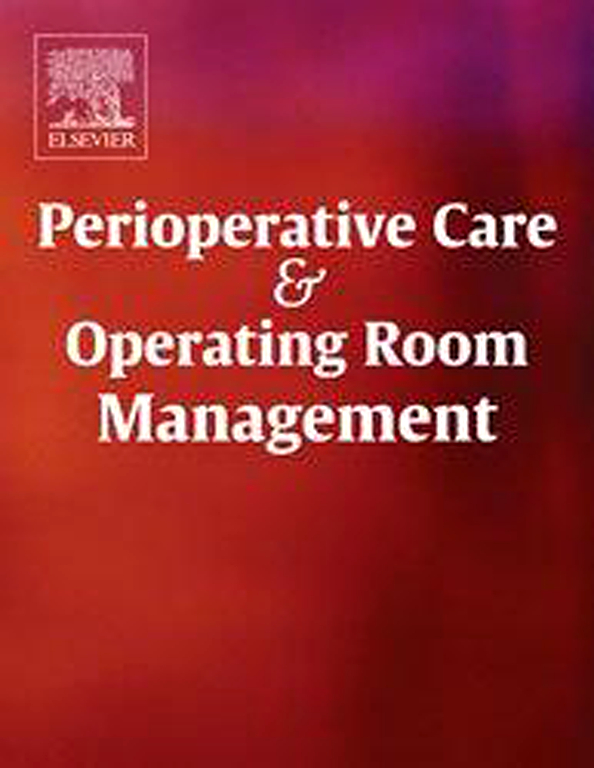
Editor's Note Research published in the American Journal of Infection Control finds that inadequate infection prevention and control (IP) staffing is associated with higher rates of healthcare-associated infections (HAIs), including central line-associated bloodstream infections (CLABSI), catheter-associated urinary tract infections (CAUTI), Clostridioides difficile infections, and colon surgical site infections. Medical Xpress…

Editor's Note Critical care bed availability influences whether patients are admitted to intensive care after surgery, but it does not significantly affect postoperative outcomes, according to a study published September 25 in the journal Anaesthesia. The study involved 19,491 surgical patients from 248 hospitals in the UK, Australia, and New…

Editor's Note The US Food and Drug Administration (FDA) has deemed Zyno Medical’s recall of Z-800, Z-800F, Z-800W, and Z-800WF infusion pumps a Class 1, the most severe designation indicating serious risk of injury or death. According to FDA’s October 11 announcement, the recall was due to a defect in…

Editor's Note AI and machine learning (ML) models show significant promise in enhancing preoperative estimates of surgical control time (SCT), which are frequently wrong, according to a study published September 10 in Perioperative Care and Operating Room Management. The longitudinal study examined differences between predicted and actual SCTs, broken down…

Editor's Note Applying lessons learned from Hurricane Ian in 2022 helped Tampa General Hospital (TGH) successfully withstand Hurricane Helene in late September, according to an October 3 HealthLeaders interview with TGH CEO John Couris. Detailing how strategic preparations ensured the safety of its patients, staff, and critical infrastructure, including its…

Editor's Note Raising awareness of misinformation and encouraging people to register as organ donors are among the ways organizations throughout the country are highlighting organ transplant disparities during Hispanic Heritage month, which ends October 15. Citing data from the US Department of Health and Human Services Office of Minority Health,…

Editor's Note Researchers at the Medical University of Vienna developed a new method using the Temporal Fusion Transformer (TFT) model to predict intraoperative hypotension in patients under general anesthesia. According to findings published August 30 in eClinical Medicine, part of The Lancet, the model utilizes routine vital sign data, including…

Editor's Note A recent randomized crossover trial conducted at Johns Hopkins University reveals that improper arm positioning during blood pressure measurements can lead to significant overestimation, potentially contributing to over-diagnosis of hypertension. The findings appeared in Jama Network October 7. The study, which included 133 participants, compared readings in three…

Editor's Note In the wake of Hurricane Helene and the recent Gulf Coast port strikes, hospitals are raising alarms and pursuing their own strategies for mitigating supply chain disruption even as a second hurricane—Milton—bears down on Florida. As of October 7, dozens of Florida healthcare facilities had suspended services and/or…

Editor's Note The US Food and Drug Administration (FDA) has deemed Mercury Medical’s recall of Neo-Tee Resuscitators a Class 1, the most severe category indicating serious risk of injury or death. According to the agency’s October 7 announcement, the recall was motivated by potential for the inline controller to come…